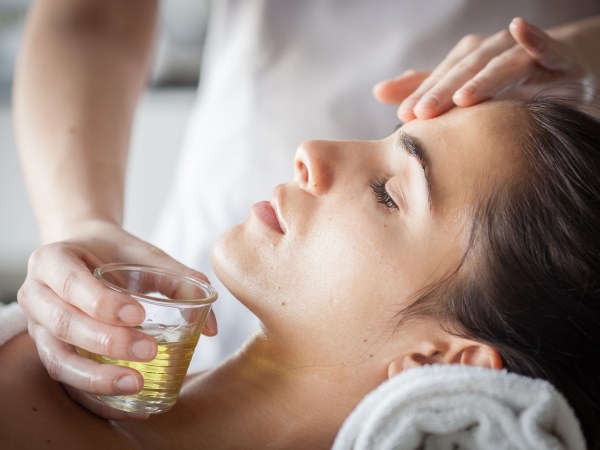Salon hygiene standards have become a hot topic in recent years, with some businesses attracting attention for getting it wrong. Nadia Stennett looks at the impact on the industry and how this year’s WHS guide can help…
The beauty industry has been marred by controversy in recent years regarding its hygiene and safety practises. Intense Pulsed Light treatments came under major scrutiny by consumer advocacy body CHOICE last year for their use by untrained therapists and several nail salons attracted media attention for failing to properly sterilise and operate equipment, resulting in client injuries. The impact on the industry has been profound and costly, forcing some salons out of business. But the ultimate message has not been missed: in an industry where clients often put their health in the hands of trusted beauty professionals, salon owners need to be aware of WHS laws and regulations in order to create and maintain a successful business.
This year’s edition of Spa & Beauty Guide to Safety & Hygiene, developed by Pro-Visual Publishing alongside the Association of Professional Aestheticians of Australia, is aimed at preventing many of the common mistakes made by salons. The guide contains the most current salon hygiene standards and safety information for the industry and highlights important WHS requirements that must be followed when performing Intense Pulsed Light treatments, including licensing laws and operator performance criteria. It also emphasises some of the key implications of working with IPL technology, including associated health risks and potential undesired side effects.
…the risk of infection to clients is high when correct WHS requirements aren’t strictly followed, ranging from bacterial infection to Hepatitis C.
Pre and post client care is another major topic for this year’s Spa & Beauty Guide. Manicures and pedicures are two examples of treatments that need pre and post client care. The Australian Professional Fingernail Association receives around 15 complaints per month about nail salon hygiene and quality, and the risk of infection to clients is high when correct WHS requirements aren’t strictly followed, ranging from bacterial infection to Hepatitis C.
In December, businesswoman Maria Foti initiated a high profile tribunal proceeding against a nail and spa clinic for pain and suffering caused by alleged improper and unsafe use of filing equipment. While Foti and the salon owner reached a secret settlement outside of court during mediation with Consumer Affairs, the notoriety of the highly publicised case undoubtedly impacted not just the involved salon, but the entire nail salon and spa industry, making already savvy consumers exceptionally cautious about where they take their business.
Foti initiated a high profile tribunal proceeding against a nail and spa clinic for pain and suffering caused by alleged improper and unsafe use of filing equipment.
For shrewd salon owners, staff and technicians alike then, the 2014/15 edition of the Spa & Beauty Guide to Safety & Hygeine may not be just a convenient reference point, but an important tool for ensuring client retention, addressing crucial criteria for both client and business success. Beauty professionals can also avoid common mistakes by noting the guide’s section on key business issues like insurance, treatment protocols, client consultation forms and relevant, up-to-date staff qualifications.
For more information on the new Spa & Beauty Guide to Safety & Hygeine, visit provisual.com.au
Have your say: With new beauty technologies constantly emerging, do you think the industry needs more clarity about what constitutes safe and unsafe practises?
One thought on “Salon Hygiene Standards Under Fire”
Leave a Reply
You must be logged in to post a comment.



As a cert 3 Beauty service’s student, I personally know how important hygiene is in the beauty industry and the consequences of the misuse of this factor and WHS practises. When working in the beauty industry as a staff member trained or not, it is significantly important for everyone to be run through thoroughly the safe hygiene practises and work, health and safety. I personally think that if someone is to be hired at a beauty salon, they are to be professionally qualified and are to understand the significance of hygiene in this particular field. Hygiene is so important as you want your customers as a business to feel safe through the treatment being performed and want to come back. But if finding out that equipment being used isn’t being disposed of properly or cleaned, this can not only have a negative outcome such as disease’s or infections but they then have rights to sue.